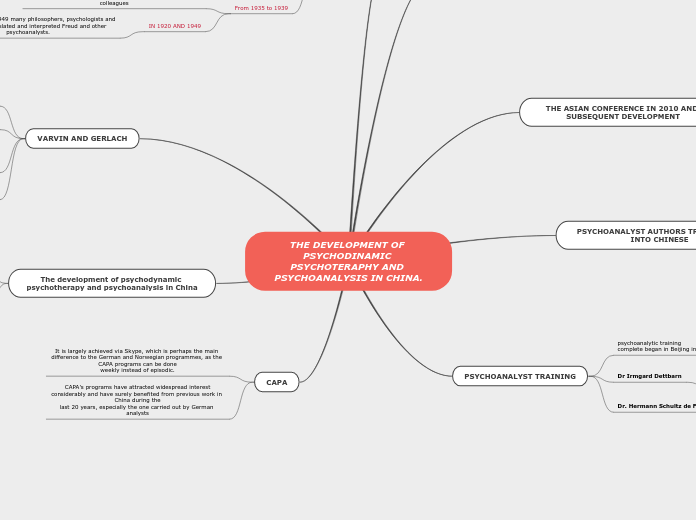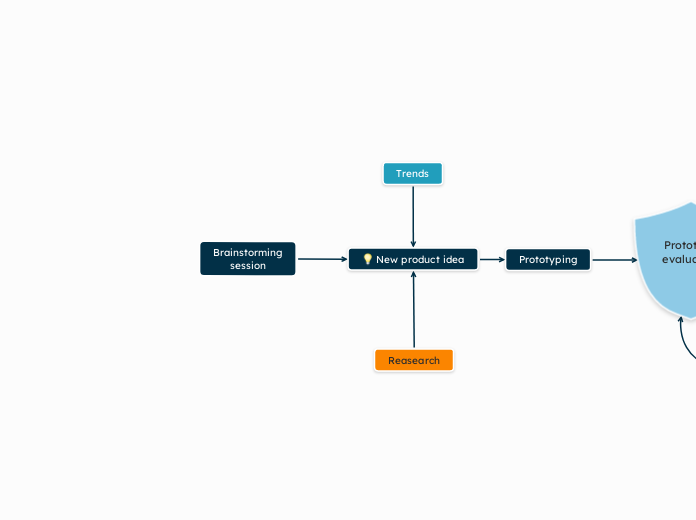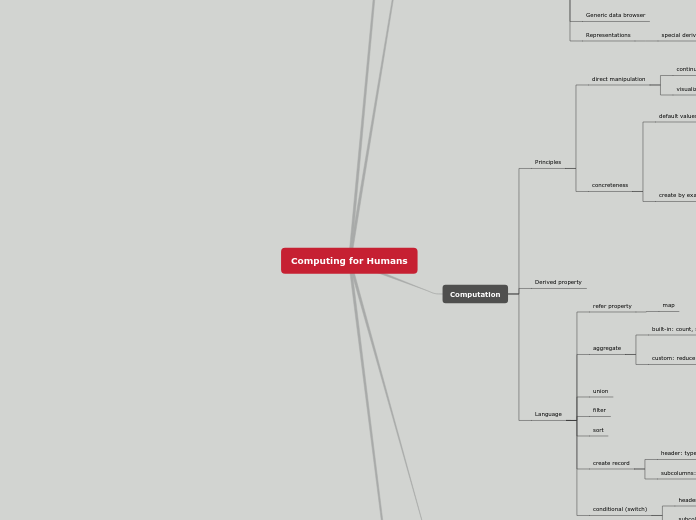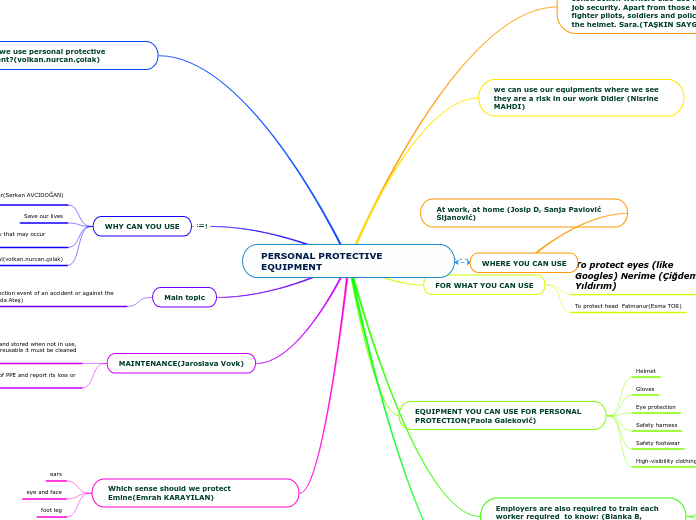THE DEVELOPMENT OF PSYCHODINAMIC PSYCHOTERAPHY AND PSYCHOANALYSIS IN CHINA.
CAPA
CAPA's programs have attracted widespread interest
considerably and have surely benefited from previous work in China during the
last 20 years, especially the one carried out by German analysts
It is largely achieved via Skype, which is perhaps the main difference to the German and Norwegian programmes, as the CAPA programs can be done
weekly instead of episodic.
The development of psychodynamic psychotherapy and psychoanalysis in China
The basic idea in both the Norwegian program and the German program in Shanghai
has been to educate future Chinese psychotherapy teachers, that is, a program of
"Training of trainers"
IN 2002 TRAINING SEMINARS WERE HELD
The faculty included the European psychoanalysts Bien Filet (Netherlands), Sverre Varvin (Norway), and Julia Fabricius (UK). Dr. Yuan also conducted psychodynamic training seminars for the Hong Kong Hospital Authority with the collaboration of Peter Loewenberg (USA) in 2003, 2004, and 2005.
VARVIN AND GERLACH
1976
Considerable attention was then given to psychoanalysis in the cultural life of China, and the works of Freud and other psychoanalysts were again printed, and even new translations published.
After the founding of the People's Republic of China in 1949, the directives
Central policies determined the further development of the sciences and of intellectual life.
IN 1936
Dialectical Materialism and Psychoanalysis by Wilhelm Reich
it was published under the Chinese title Jingshen fen xi xue pipan
The Chinese psychologist Gao Juefu translated the "Introduction to
psychoanalysis” of Freud and wrote critical reports on the new science
(Gerlac, 2003)
HISTORY
From 1935 to 1939
IN 1920 AND 1949
Between 1920 and 1949 many philosophers, psychologists and
literary critics translated and interpreted Freud and other psychoanalysts.
Dr. Bingham Dai, a Chinese-born psychiatrist trained in
psychoanalytic psychotherapy, He transmitted his experiences to through teaching, supervising, and coaching therapies to colleagues
IN 1925
Several works followed.
central to Freud, including an autobiographical study
IN 1929
Freud's first work was translated: Group Psychology and Analysis of the Ego (1921)
PSYCHOANALYST TRAINING
Dr. Hermann Schultz de Frankfurt
Similar psychoanalytic training will begin in 2011 in Shanghai, as an interim training analyst.
Dr Irmgard Dettbarn
A trainee analyst from the German IPA,
began his work in China in 2007. There are now nine candidates in psychoanalytic training in Beijing, all recruited from the Norwegian and German programs
psychoanalytic training
complete began in Beijing in 2008.
PSYCHOANALYST AUTHORS TRANSLATED INTO CHINESE
Son Sigmund
Freud, Anna Freud, Joseph Sandler, Ralph Greenson and Anthony Bateman, and Jeremy Holmes. Dr. Tomas Plänkers, from the Sigmund Freud Institute in Frankfurt, leads a
ambitious project to translate the complete works of Freud into Chinese.
THE ASIAN CONFERENCE IN 2010 AND SUBSEQUENT DEVELOPMENT
The theme of the conference was
"Psychoanalysis in society in the process of modernization", with conferences and
workshops on clinical psychoanalysis, theoretical issues in psychoanalysis, clinical and empirical research, cross-cultural psychoanalysis
HOW TO DEVELOP PSYCHODYNAMIC PSYCHOTHERAPY AND THE
PSYCHOANALYSIS IN CHINA
It was a “teach the teachers” program. Is
line was followed when the Norwegian program was implemented later. The goal was not only for professionals working in the field of mental health
FOR...
acquire this competence, but also that they could organize and develop themselves as teachers to train younger colleagues later on









